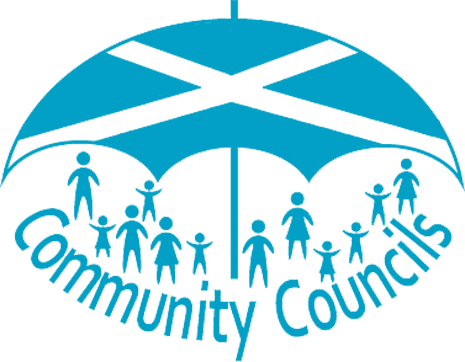 Over recent years, legislation and national policy in Scotland (such as the Land Reform (Scotland) Act 2003 and the joint Scottish Government/ COSLA Community Empowerment Action plan of 2009) has recognised the importance of, and been developed to support, strong, independent and resilient communities - empowered communities.
Over recent years, legislation and national policy in Scotland (such as the Land Reform (Scotland) Act 2003 and the joint Scottish Government/ COSLA Community Empowerment Action plan of 2009) has recognised the importance of, and been developed to support, strong, independent and resilient communities - empowered communities.
Community ownership of assets has been identified as having a role to play in this through inspiring people, creating opportunities and potentially transforming communities by helping them respond to these challenges by taking even greater control of land and buildings where they live. In communities across the country local people are concerned about losing locally valued assets and associated services - from community centres to parks, libraries and town halls. At the same time councils and other public bodies are facing intense financial pressure, resulting in the need to maximise the use of publicly-owned land and buildings, or dispose of them and the associated costs, wherever possible. Transferring an asset to a suitable community organisation can enable a redundant public building to thrive again or turn a marginal public service in to a viable community service.
The Community Empowerment (Scotland) Act 2015 and guidance introduced a right for community bodies to make requests to all local authorities, Scottish Ministers and a wide-ranging list of public bodies (relevant authorities), for any land or buildings they feel they could make better use of. They can request ownership, lease or other rights, as they wish. The Act requires those public authorities to transparently assess requests against a specified list of criteria, and to agree the request unless there are reasonable grounds for refusal.
Community Councils' role in the asset transfer process
As the Community Ownership Support Service (COSS), a Scottish Government-funded programme rolled out by the Development Trusts Association for Scotland (DTAS), we offer support on all aspects of asset transfer and community ownership to community bodies and relevant authorities. This can range from face-to-face support to running training and networking events, as well as providing a range of written resources and useful downloads on our website.
We see several ways in which Community Councils, uniquely placed at the centre of their communities, can play a key role, particularly in the early stages of the asset transfer process. As well as being able to give a group advice on the wider aspects of community priorities or local plans this support can be by:
- Being proactive and/or involved in creating Community Action Plans for their communities. These not only gather the needs of the community but also look at ways of communities taking the lead addressing these needs where they can and where there is a desire to do so. This has happened all over Scotland and has led to the real empowerment of local communities.
- Exploring as a Community Council itself the feasibility of asset transfer, but with a view to facilitating the establishment of an independent, community-run anchor organisation such as a Development Trust, to take ownership of the asset and run it in the future. It is worth noting that it is very important that this anchor organisation has true community support and is a legal entity in its own right.
- Working in partnership with a group which can show community support by enabling them to become a “working group” of the Community Council to explore the asset transfer option. By sitting under the Community Council’s Constitution this enables a group to explore these first stages and apply for funding for feasibility without the need to set up an interim constituted body of their own. If the ownership of an asset seems feasible then this group would establish their own legal structure to carry the project forward.
This third option is particularly helpful at a time when setting up a bank account as a basic constituted community group can take some considerable time and effort. It will be important for a Community Council to check its constitution to make sure it is set up to do this, but most structures do support this role.
If you are a Community Council interested in looking at asset ownership, don’t hesitate to look at our website, www.dtascommunityownership.org.uk, or contact us at our office in Edinburgh on 0131 225 2080.
Why not participate in a discussion about wider community engagement? You can share your views in the Knowledge Hub group*
* Please note if you are not already a member of this group, you will be asked to register.

